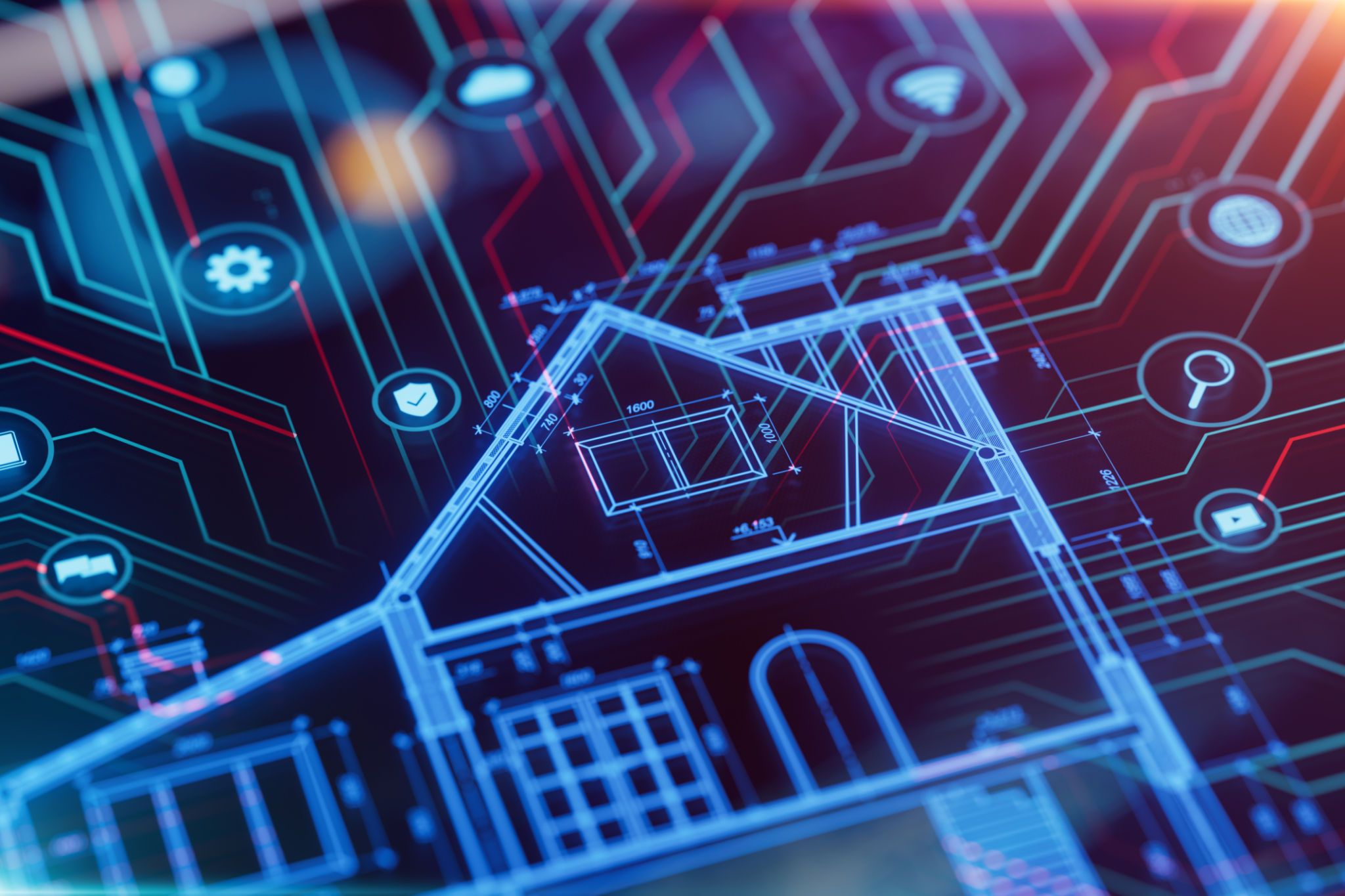How Technology is Revolutionizing Home Health Care
Advancements in Telehealth Services
One of the most significant ways technology is revolutionizing home health care is through telehealth services. Telehealth allows patients to consult with healthcare providers remotely, reducing the need for in-person visits. This is particularly beneficial for individuals with mobility issues or those living in rural areas where access to healthcare facilities may be limited.
Telehealth platforms often include video conferencing tools, secure messaging systems, and remote monitoring capabilities. These tools enable healthcare providers to assess patient conditions, prescribe medications, and offer medical advice without the need for physical presence.

Remote Patient Monitoring
Remote patient monitoring (RPM) is another technological advancement that is transforming home health care. RPM uses digital devices to collect health data from patients in their homes and transmit it to healthcare providers in real-time. This continuous flow of information helps doctors monitor chronic conditions such as diabetes, heart disease, and hypertension more effectively.
Devices used in RPM include blood pressure monitors, glucose meters, and wearable sensors. These devices empower patients to take an active role in managing their health while providing healthcare professionals with accurate, up-to-date information.
Smart Home Technology Integration
The integration of smart home technology into healthcare is enhancing the safety and convenience of home health care. Smart devices like voice-activated assistants, automated lighting, and advanced security systems can be programmed to assist patients with daily tasks and ensure their safety at home.
For instance, smart speakers can remind patients to take medications or attend virtual appointments. Additionally, smart home systems can alert caregivers if a patient falls or requires immediate assistance, providing peace of mind for both patients and their families.

Wearable Health Tech
Wearable health technology is becoming increasingly popular in the realm of home health care. Devices such as fitness trackers and smartwatches not only monitor physical activity but also track vital signs like heart rate and oxygen levels. This data can then be shared with healthcare providers for a comprehensive view of the patient’s health status.
The convenience and accessibility of wearables encourage users to stay engaged with their health routines and make informed lifestyle choices. In addition to monitoring, some wearables provide features like emergency alerts, which are particularly beneficial for elderly patients living alone.
Artificial Intelligence in Home Health Care
Artificial intelligence (AI) is playing a crucial role in transforming home health care by enhancing decision-making processes and personalizing patient care. AI algorithms can analyze vast amounts of data to identify patterns and predict health outcomes, allowing for early intervention and improved treatment plans.
Moreover, AI-powered virtual assistants can answer patient queries, schedule appointments, and provide medication reminders, streamlining the healthcare process and ensuring that patients adhere to their care plans.

The Future of Home Health Care
The ongoing advancements in technology are setting the stage for a future where home health care becomes more accessible, efficient, and personalized. As innovations continue to emerge, we can expect even greater improvements in patient outcomes and overall quality of life.
Healthcare providers and technology developers must work together to ensure these technologies are user-friendly and accessible to everyone. By doing so, they can help bridge the gap between traditional healthcare settings and the comfort of home care.